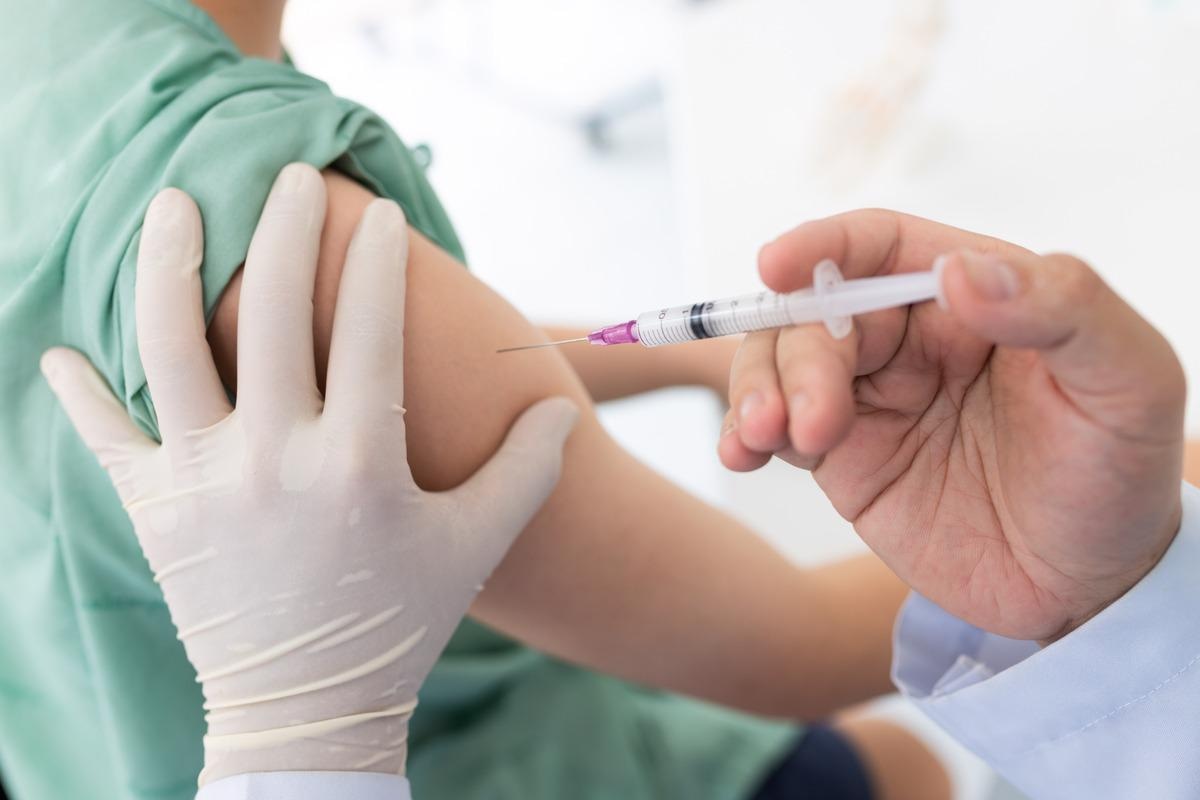In a recent study posted to the medRxiv* pre-print server, a team of researchers performed an observational study to understand the effects of severe acute respiratory syndrome coronavirus 2 (SARS-CoV-2) testing behavior on the efficacy of the SARS-CoV-2 vaccines.
 Study: Testing behaviour may bias observational studies of vaccine effectiveness. Image Credit: Tong_stocker/Shutterstock
Study: Testing behaviour may bias observational studies of vaccine effectiveness. Image Credit: Tong_stocker/Shutterstock
The efficacy of vaccines against the newly emerging SARS-CoV-2 Omicron variant of concern (VOC) has been extensively studied. Some reports state that vaccination may have little or no effect in preventing Omicron infection, but it can significantly reduce coronavirus disease 2019 (COVID-19)-related hospitalization. In contrast, other reports suggest that the vaccines may increase the probability of Omicron VOC infections. However, vaccine effectiveness reported by such observational studies may be affected by the testing behavior of a population.

 This news article was a review of a preliminary scientific report that had not undergone peer-review at the time of publication. Since its initial publication, the scientific report has now been peer reviewed and accepted for publication in a Scientific Journal. Links to the preliminary and peer-reviewed reports are available in the Sources section at the bottom of this article. View Sources
This news article was a review of a preliminary scientific report that had not undergone peer-review at the time of publication. Since its initial publication, the scientific report has now been peer reviewed and accepted for publication in a Scientific Journal. Links to the preliminary and peer-reviewed reports are available in the Sources section at the bottom of this article. View Sources
About the study
The present study investigated the differences in SARS-CoV-2 testing behavior exhibited by vaccinated and unvaccinated individuals and their effects on observational studies that examined vaccine efficacy.
Between October 2021 and November 2021, an online study about COVID testing was conducted on 1,526 Australian adults (1,064 women, 430 men, and 32 non-binary or unspecified). Self-reported vaccination status, whether unvaccinated or vaccinated with one or two doses, was collected from the participants.
Individuals vaccinated with two doses were fully vaccinated at the time of the study. The study also collected self-reported responses regarding the three measures of COVID-19 testing behavior, namely, the intention of COVID-19 testing, self-reported COVID-19-test in the past month, and self-reported COVID-19 test performed ever.
The correlation between the nature of the intention towards COVID-19 testing and the vaccination status of the individuals was analyzed across the cross-sectional baseline data collected in the study.
Results
The results showed that the 1,526 individuals who participated in the study were of a mean age of 31 years and belonged to different Australian states. Out of these, 22% had undergone at least one COVID-19 test in the past month and 61% had been tested for COVID-19 at least once in their lifetime. In the case of vaccination statuses of the individuals studied, 17% were unvaccinated individuals, 11% were partially vaccinated or were vaccinated with one dose, while 71% were fully vaccinated with two or more doses.
The study indicated that individuals who were fully vaccinated were twice as probable to have a positive attitude towards COVID-19 testing as compared to unvaccinated individuals. Furthermore, fully vaccinated individuals reported twice the likeliness of being tested in the past month as compared to unvaccinated individuals. Partially vaccinated individuals had a more positive COVID-19 testing intention than unvaccinated individuals, but less positive as compared to fully vaccinated individuals.
Conclusion
The current study findings show that vaccinated individuals had a positive COVID-19 testing intention as well as testing behavior as compared to unvaccinated individuals.
The difference in testing behaviors should be taken into account when assessing the efficiency of vaccines against SARS-CoV-2 based on observational studies. The researchers believe that the differences noted in testing behaviors can have long-standing implications on both testing policy and research methods.

 This news article was a review of a preliminary scientific report that had not undergone peer-review at the time of publication. Since its initial publication, the scientific report has now been peer reviewed and accepted for publication in a Scientific Journal. Links to the preliminary and peer-reviewed reports are available in the Sources section at the bottom of this article. View Sources
This news article was a review of a preliminary scientific report that had not undergone peer-review at the time of publication. Since its initial publication, the scientific report has now been peer reviewed and accepted for publication in a Scientific Journal. Links to the preliminary and peer-reviewed reports are available in the Sources section at the bottom of this article. View Sources
Journal references:
- Preliminary scientific report.
Paul Glasziou, Kirsten McCaffery, Erin Cvejic, Carys Batcup, Julie Ayre, Kristen Pickles, Carissa Bonner. (2022) Testing behavior may bias observational studies of vaccine effectiveness. medRxiv. doi: https://doi.org/10.1101/2022.01.17.22269450 https://www.medrxiv.org/content/10.1101/2022.01.17.22269450v1
- Peer reviewed and published scientific report.
Glasziou, Paul, Kirsten McCaffery, Erin Cvejic, Carys Batcup, Julie Ayre, Kristen Pickles, and Carissa Bonner. 2022. “Testing Behaviour May Bias Observational Studies of Vaccine Effectiveness.” Official Journal of the Association of Medical Microbiology and Infectious Disease Canada 7 (3): 242–46. https://doi.org/10.3138/jammi-2022-0002. https://jammi.utpjournals.press/doi/10.3138/jammi-2022-0002.